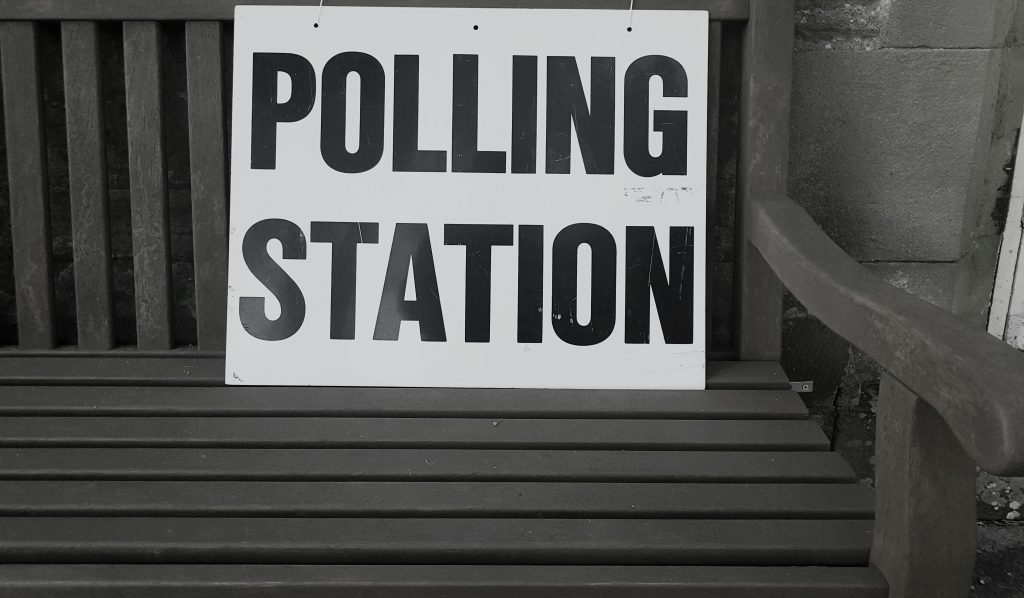
This blog was originally published on 5 April 2024 and updated on 31 May 2024 to include details of the upcoming General Election, to be held on 4 July 2024.
2024 is a big year for parliamentary politics in the UK. There are local elections happening in May, and there is going to be a General Election on the 4th July.
At Right to Remain, we know that change does not always come from political processes, and we understand that people might feel disillusioned by mainstream politics. Although building power is much broader than parliamentary politics, it is important to understand how politics work if we want to change the system.
There are different rules around who can vote in elections and across different regions of the UK. For this reason it can be confusing to work out how to get involved in political processes, for example, knowing whether you can vote.
Many migrants can vote in certain elections and do not know that they are able to.
This short blog explains who can vote in which elections and provides links to where you can learn more.
Local elections
There are local elections in England on Thursday 2 May 2024. These include local government elections, elections for Mayoral candidates in some areas, and other positions. You can read more about the elections happening on this day here.
You can vote in local elections if you are a British, Irish citizen, or if you have qualifying Commonwealth citizenship. See the section below for more information on Commonwealth citizenship and voting rights.
The deadline to register to vote for the elections on Thursday 2 May is 11:59pm on Tuesday 16 April.
In England and Northern Ireland, EU citizens can vote in local elections. It is important to note that due to a law called the Elections Act, there will be some changes to the voting rights of EU citizens after the May 2024 local elections. To read more about the Elections Act, see here.
In Scotland and Wales, all residents can vote in local and devolved national elections. But there are no local elections happening in Scotland and Wales this year.
Do I need photo ID?
Voters in England now need to show photo ID to vote at polling stations in some elections, including the General Election on Thursday 4 July.
Accepted photo IDs include: Passport, Driving licence, Biometric immigration document, and more. Find all forms of acceptable identification here.
If you do not have photo ID, you can apply for free voter ID, called a Voter Authority Certificate.
The deadline to apply for a Voter Authority Certificate to vote in the General Election is 5pm on Wednesday 26 June.
General Election
A General Election is when the voters of the country cast votes to elect Members of Parliament (MPs) to the House of Commons.
The current government – the Conservative party – has called the date of the next election, which is Thursday 4 July 2024.
The rules around who can vote in a General Election are stricter than local elections. For example, EU citizens cannot vote in general elections.
British, Irish, and Commonwealth citizens can vote in all elections, including general elections.
See here for a list of Commonwealth countries.
Qualifying Commonwealth citizens must be resident in the UK and either have leave to remain in the UK or not require leave. Your leave to remain can be indefinite, or time limited. You can see if you have leave to remain in the UK on letters from the Home Office, or by using the Home Office’s tool to View and Prove Your Immigration Status.
You can also find more detail about voting if you are from a Commonwealth country on the Electoral Commission’s website.
Registering to vote in the General Election
If you can vote in the General Election, you must register to vote before 11:59pm on the 18th of June 2024.
In order to register, you must fill out a form which asks questions about your personal details. The form asks for your National Insurance number, but you do not need one to register.
Helpful Resources
Migrant Democracy Project is an organisation which is working to empower migrants in UK politics.
Migrant Democracy Project runs regular voter registration drives for people who are eligible to vote, and also campaign for the extension of the right to vote to all residents no matter where they are from. They are also training migrants to stand as political candidates in the future.
Migrant Democracy Project also have an online hub with information about the upcoming General Election. This has lots of information about how to vote, how MPs are elected, and how to join the campaign for voting rights for all.

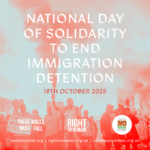
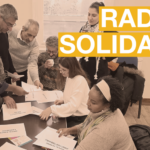

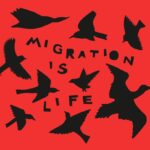






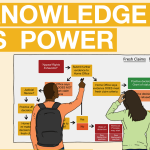


That’s horrible news and discrimination,when is around people live in UK ,and have to permanent residents and not able to voting today. Just able to the local voting. For example: I working ther, and I pay all of the tax ther…What is it? That is the discrimination. And Also I been registered online,and never sad: I not able to the voting today.